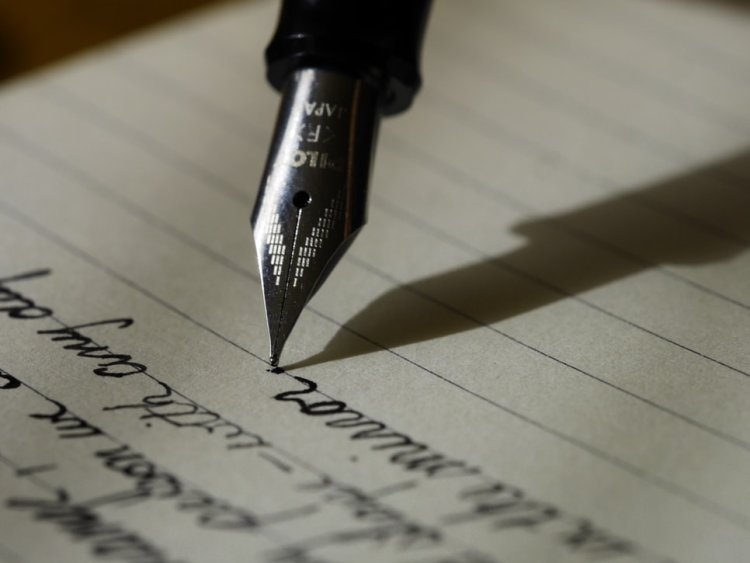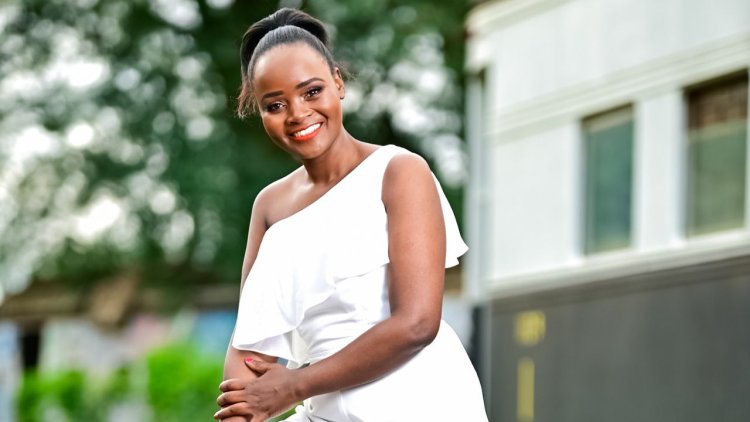Kenyan Writers Invited For African Workshop: How To Apply
The annual Writing about African Arts Workshop is meant to train up-and-coming arts writers on the continent...

The African Theatre Magazine has invited applicants to the second edition of the Writing about African Arts workshop.
Started in 2021, the annual Writing about African Arts Workshop is meant to train up-and-coming arts writers on the continent – especially those with little to no access to institutional training- in order to produce grounded and nuanced voices documenting African arts and culture.
Since 2018 The African Theatre Magazine’s goal has been to offer diverse narratives and nuances on African arts and culture through spotlighting, documenting, archiving, and celebrating contemporary and historical theatre, artists, and practices.

Kenyans using their laptops in offices. /VICTOR MATARA
The week-long Writing About African Arts workshop will offer participants from across the continent training in art language/terminology, finding/horning one’s voice, using online tools for research and verifying information, finding and maintaining sources, preparing interviews, creating a story map and pitching, working with editors, framing for/casting and understanding one's reader as well as getting one's work published.
It is open to aspiring arts writers with an interest in writing about African Art through an Afrocentric lens for the African reader, and the rest of the world.
This year, applicants will submit an article in progress that they’ll work on during the course of the workshop with support from the facilitators.
Eligibility
The Writing about African Art workshop is open to all aspiring Arts writers based in Africa who;
- Commit to a full week of intensive work between 21-25th November with 2 hours of synchronous learning and asynchronous unsupervised work.
- Have a good internet connection and a quiet space where they can freely be part of discussions online without any distractions.
- Can comprehend, write, and express themselves in English.
Workshop Timeline and Format
The workshop will run online every day with zoom sessions from 3-4 pm Kenyan time (2 to 4 PM South African standard time) and more hours of asynchronous work. Sessions will take place between November 21-25, 2022
Participants are expected to have access to a good internet connection and a quiet place for group sessions and one on one check-ins with the facilitators, and time outside the two hours to continue working on their articles and other exercises from the facilitators.
Participants will work on their articles throughout the course of the workshop with the goal to produce a ready-to-publish piece.
How to Apply
Applicants must submit ALL of the following materials directly to: tuvugafritheatre@gmail.com with the subject line ‘Writing workshop application’.
- A statement of Interest/Motivation Letter (1 page) explaining why you should be considered, what and how you hope to benefit from the workshop and how you’ll use the acquired knowledge.
- An article in progress of 750-1200 words that you’ll continue to work on during the course of the workshop.
- A biography of no more than 250 words.
Submission deadline
The deadline for submissions is Sunday, October 30, 2022, at midnight (East African Time).
The workshop is facilitated by experienced arts and culture journalists from across the continent.
Last year the workshop was facilitated by Ghana’s 2022 AKO Caine prize finalist and artists, Billie McTernan, Kenya’s arts and culture writer and editor, Grace Kerongo (Nation Media Group), Uganda’s arts and writer journalist and photographer, Kaggwa Andrew Mayiga and South African-based Zimbabwean theatre reviewer, Tonderai Chiyindiko. Kerongo will be among this year's facilitators.
The workshop received numerous applications across the continent and was attended by 10 final participants from Zimbabwe, Cameroon, Ghana, Senegal, Kenya, Uganda, Botswana and South Africa.







